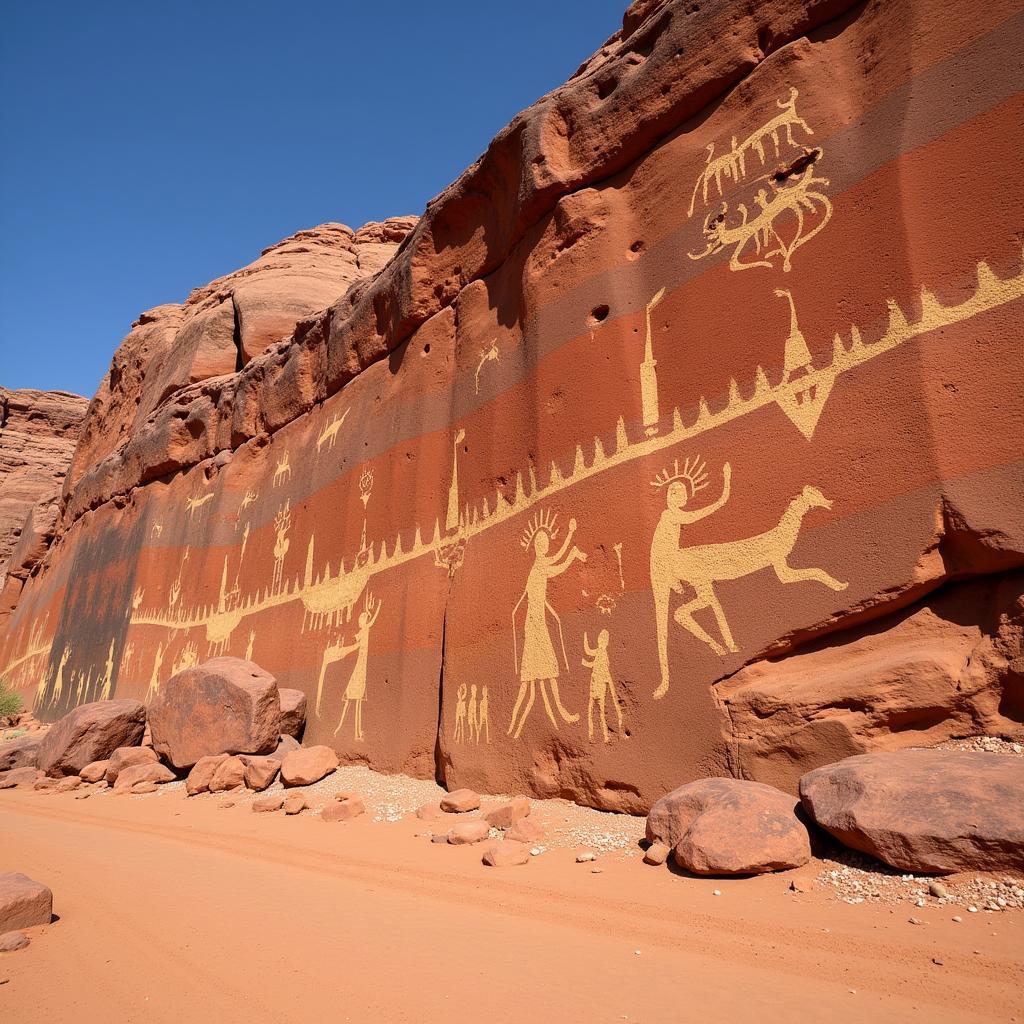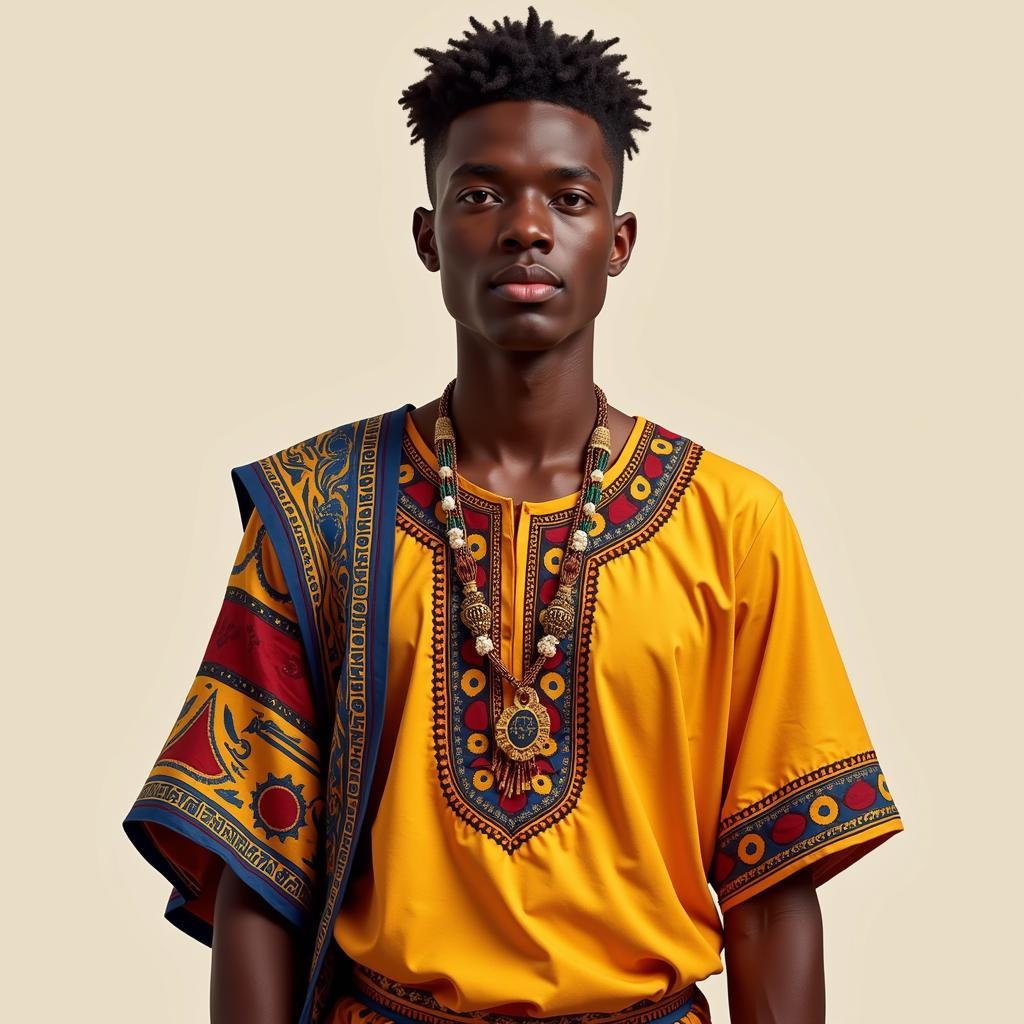Exploring the Realm of African Ancestors and Their Religion
The rich tapestry of African culture is intricately woven with the threads of tradition, beliefs, and spirituality. One of the most fascinating aspects of this cultural heritage is the profound connection that African people have with their ancestors. Ancestral reverence is a cornerstone of many African religions, shaping not just religious practices but also social structures, moral values, and everyday life.
Understanding the Role of Ancestors in African Religion
In many African societies, ancestors are not merely revered figures of the past; they are considered living entities that continue to influence the world of the living. They are believed to act as intermediaries between the human realm and the divine, offering guidance, protection, and support to their descendants. This belief system underscores the importance of honoring ancestors and seeking their blessings.
The Connection Between the Living and the Dead
The concept of a continuous connection between the living and the dead is central to African ancestor worship. This connection is not seen as a separation but as a continuum, where the living and the dead coexist in an interconnected spiritual realm. Ancestors are often perceived as part of the family, their spirits residing within the community and continuing to play an active role in its affairs.
Diverse Expressions of Ancestor Worship
The ways in which ancestor worship is practiced vary widely across the African continent. Some common practices include:
- Offering prayers and sacrifices: This is a common way to honor ancestors and seek their favor. Offerings can range from simple gestures like pouring libations to more elaborate rituals involving animal sacrifices.
- Honoring ancestral graves: Many African cultures believe that the spirits of the ancestors reside near their graves. As a result, grave sites are often considered sacred spaces, and rituals are performed to honor and maintain a connection with the deceased.
- Recalling ancestral stories and traditions: Oral storytelling is a vital part of many African cultures. Ancestor stories are passed down through generations, preserving knowledge, values, and cultural identity.
- Seeking ancestral guidance: People often consult with elders, diviners, or other spiritual figures to seek guidance from their ancestors.
The Influence of Ancestor Religion on African Culture
The influence of ancestor worship extends far beyond religious practices. It permeates all aspects of African society, shaping cultural norms, social structures, and even artistic expressions.
Social Hierarchy and Family Ties
Ancestral reverence often reinforces the importance of family and community ties. Ancestor worship emphasizes the interconnectedness of generations, reminding individuals of their responsibilities to both their living and deceased relatives.
Moral Values and Ethical Principles
Ancestral beliefs often serve as a source of moral guidance, reinforcing ethical principles such as respect for elders, honesty, and community responsibility. The fear of ancestral retribution can also act as a deterrent against wrongdoing.
Artistic Expression and Symbolic Representations
Ancestral figures are frequently depicted in African art, music, and dance. These artistic expressions serve as a way to honor and remember ancestors, as well as to communicate their stories and values.
Exploring Ancestor Religion Today
In contemporary Africa, ancestral beliefs continue to hold significant importance for many people, even in the face of modernization and globalization. While some traditions have evolved, the core values of respect, remembrance, and connection remain strong.
Syncretism and Adaptation
As Africa has encountered new religions and cultural influences, some traditional practices have adapted and blended with other belief systems. This phenomenon, known as syncretism, is evident in many African churches and religious movements where ancestral worship is incorporated into Christian or Islamic practices.
The Enduring Significance of Ancestor Worship
Despite the challenges of modern life, ancestor worship remains a vital part of African identity and spirituality. It provides a sense of continuity, connection, and guidance, reminding people of their roots and their responsibilities to their ancestors and future generations.
The Legacy of Ancestor Worship: A Timeless Connection
Dr. Abena Agyeman, a renowned anthropologist specializing in African cultural studies, observes, “Ancestor worship is not just about the past; it’s about the present and the future. It’s about understanding our place in a continuous chain of life and responsibility.”
In essence, ancestor worship serves as a powerful reminder that we are not simply individuals but part of a larger lineage, interconnected with our ancestors and future generations. This profound connection continues to shape the lives of millions across the African continent.


